I bow before the authority of special men because it is imposed upon me by my own reason
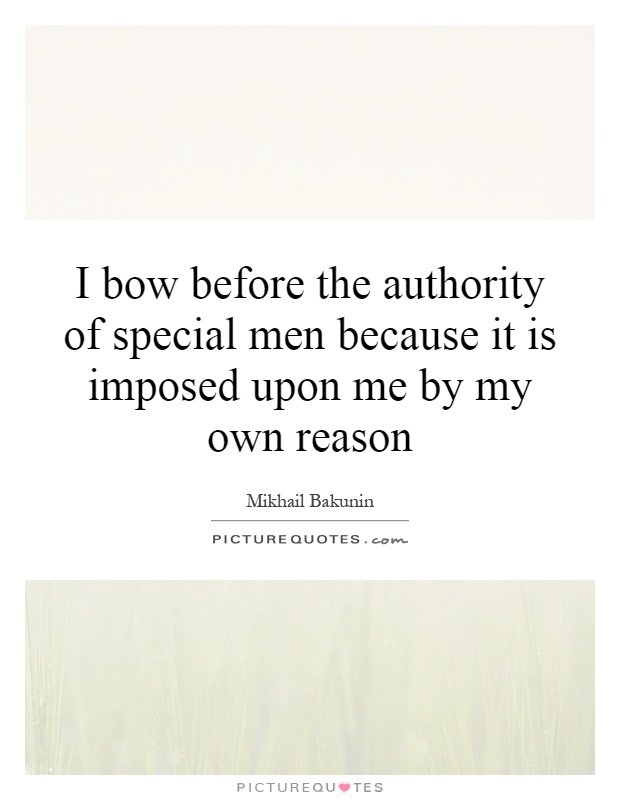
I bow before the authority of special men because it is imposed upon me by my own reason
Mikhail Bakunin, a Russian revolutionary and anarchist thinker, was a staunch critic of authority and hierarchy. He believed in the inherent freedom and equality of all individuals and rejected the idea of submitting to the authority of special men. Bakunin's quote, "I bow before the authority of special men because it is imposed upon me by my own reason," can be seen as a paradoxical statement that reflects his complex views on power and authority.Bakunin believed that true authority should come from within oneself, based on reason and conscience, rather than being imposed from above by a select few individuals. He argued that individuals should not blindly follow leaders or rulers simply because of their status or position of authority. Instead, Bakunin believed in the power of collective action and self-governance, where individuals work together to create a society based on mutual aid and cooperation.
In the context of Bakunin's anarchist philosophy, the quote can be interpreted as a call for individuals to critically evaluate the legitimacy of authority figures and to resist unjust hierarchies. Bakunin believed that true freedom could only be achieved through the abolition of all forms of authority, including the state, capitalism, and organized religion. He saw special men, such as political leaders, wealthy elites, and religious authorities, as oppressive forces that sought to control and exploit the masses for their own benefit.
Bakunin's rejection of authority was rooted in his belief in the inherent dignity and autonomy of every individual. He believed that people should be free to govern themselves and make decisions collectively, without the need for external rulers or authorities. Bakunin's vision of a free society was based on principles of equality, solidarity, and mutual respect, where individuals could live in harmony with one another without the need for coercion or domination.
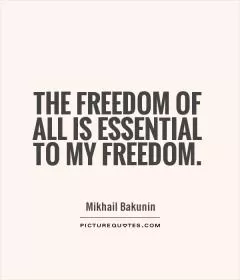

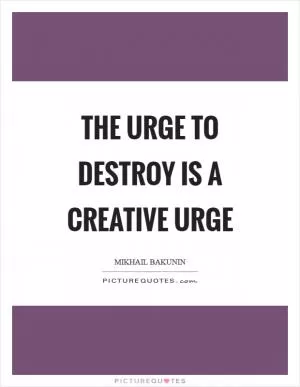
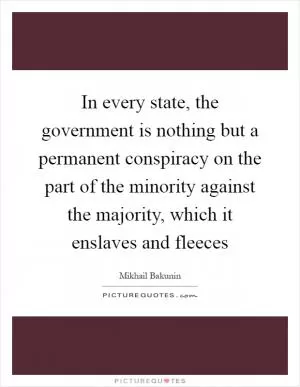
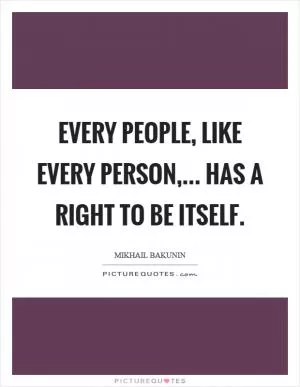
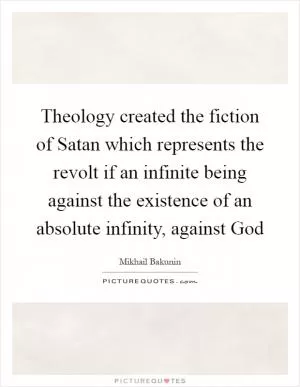
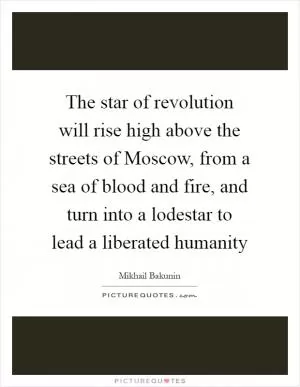
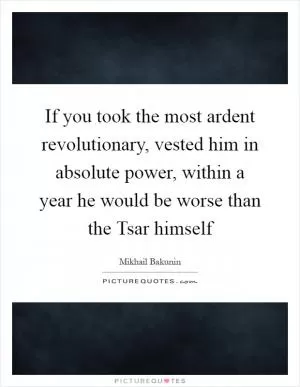
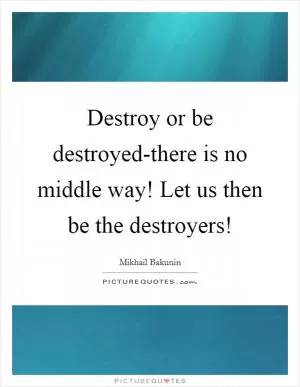
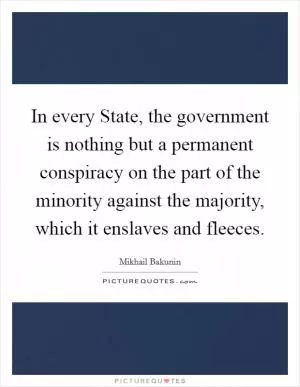
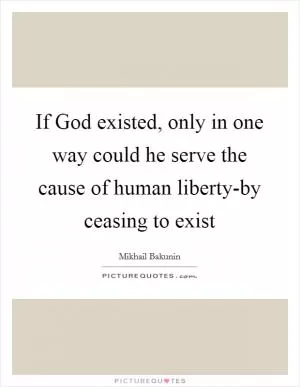
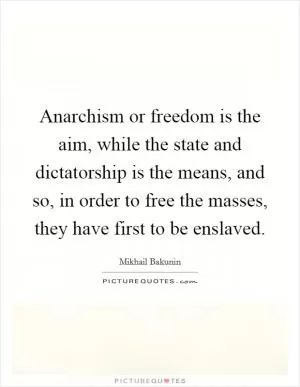
 Friendship Quotes
Friendship Quotes Love Quotes
Love Quotes Life Quotes
Life Quotes Funny Quotes
Funny Quotes Motivational Quotes
Motivational Quotes Inspirational Quotes
Inspirational Quotes